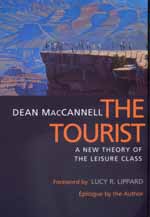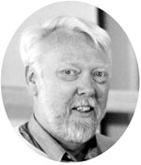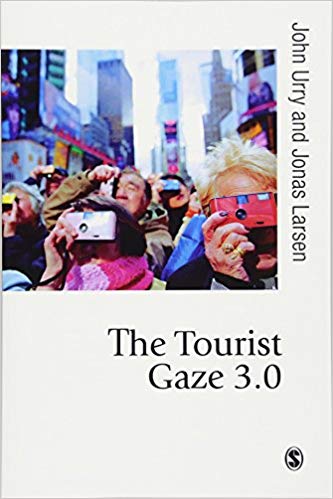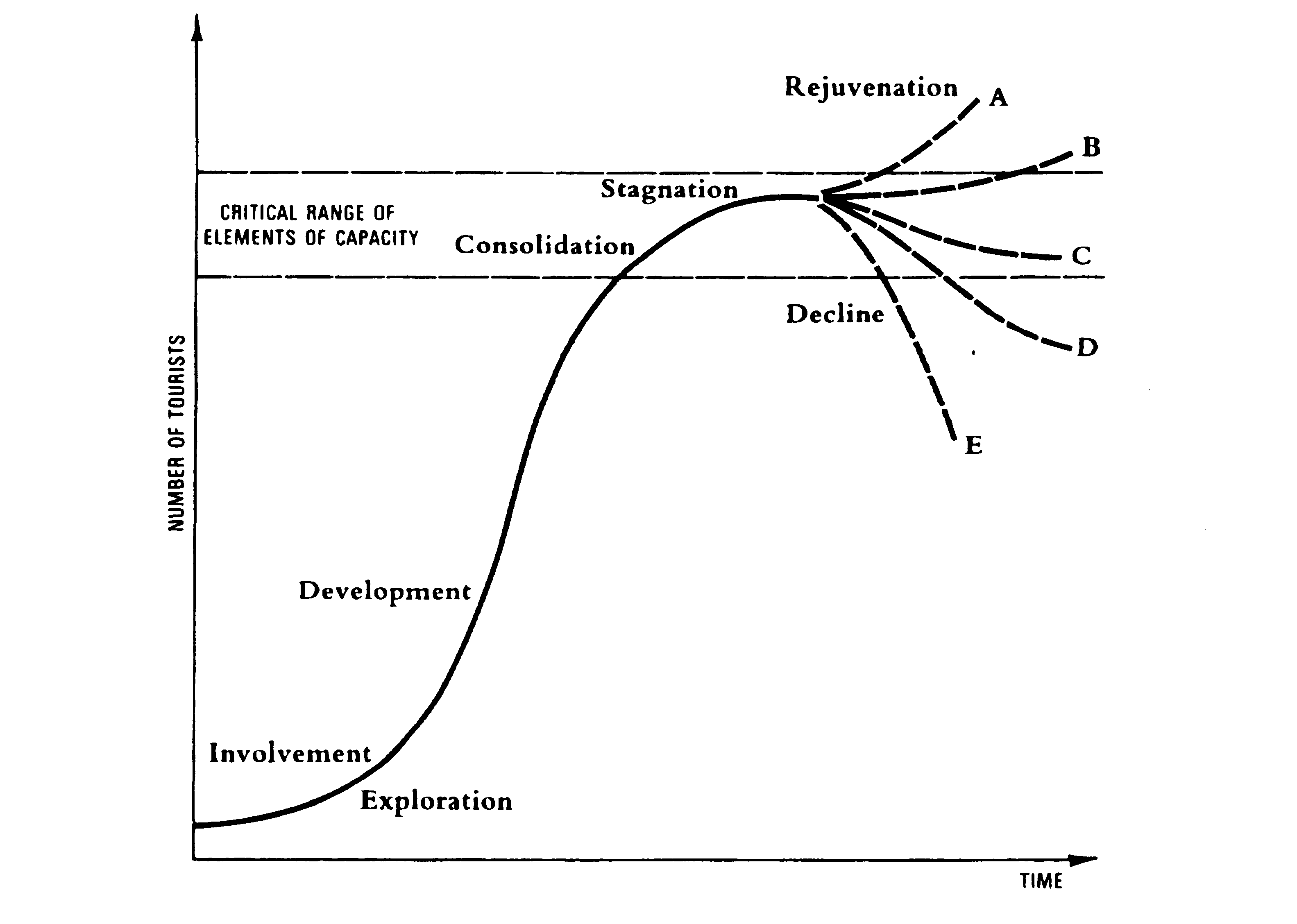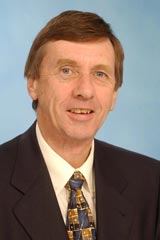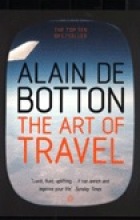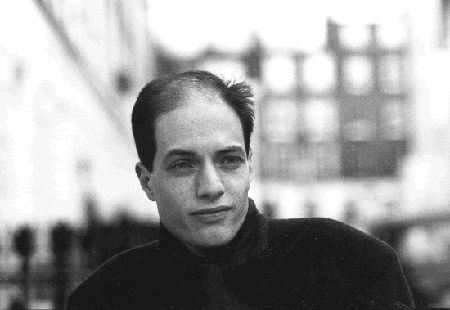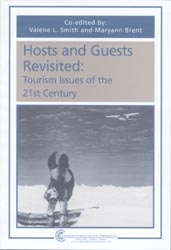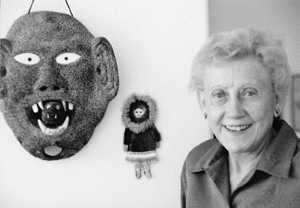ITM Master 1. Sem.
10117
Seminar
Theories and methods of
tourism sciences
Examination:
Assignment paper
Hand-in before July 10th 2019
Paper app. 12 pages
Assignment Paper
Each participant define a research question
based on the topics of overtourism, emerging tourism source markets
or SDGs – or another tourism-related topic and develop a
multi-methods research design including
- Research question
-
Hypotheses
-
Discussion
of methods used (at least two): Why use these methods and not
other methods, which hypothesis can be answered based on the
research with which method(s)
-
Approximation of time, funding and staff needed
-
Graph of
work programme for project with explanations
-
Possible
stakeholders interested in research results / possibly contributing
to funding
“Once upon a time, I dreamt I was a butterfly, fluttering hither and thither, to all intents and purposes a butterfly.
I was conscious only of my happiness as a butterfly, unaware that I was myself. Soon I awaked, and there I was, veritably myself again.
Now I do not know whether I was then a man dreaming I was a butterfly, or whether I am now a butterfly, dreaming I am a man.”
 |

| 9.4. |
Introduction Global tourism in a nutshell |
|
| 16.4. |
Some major tourism thinkers and the scientific
approach they represent |
|
| 30.4. |
Introduction Scientific Methods 1
veal01.pdf
Topics for Assignment |
|
| 28.5. |
Introduction
Scientific Methods 2
veal-02.pdf Discussion work on Assignments ttps://www.youtube.com/watch?v=jsjqAVEz4ZM https://www.youtube.com/watch?v=zcpIRP7bET0 |
|
| 4.6. |
Methods: Tourism Hyphen Method Qualitative vs. quantitative approaches |
|
| 11.6. | Assignment Intermediate Presentation and discussion | |
| 24.6. 10.00-13.15 h S19 | Preparation Assignment Papers, Conclusion |
The Battle of Tourism Methods I:
Product Approach
The product approach involves the study of
various tourism products and how they are produced,
marketed, and consumed. For example, one might study an
airline seat—how it is created, the people who are
engaged in buying and selling it, how it is financed,
how it is advertised, and so on. Repeating this
procedure for rental cars, hotel rooms, meals, and other
tourist services gives a full picture of the field.
Historical Approach
The historical approach is not widely used.
It involves an analysis of tourism activities and
institutions from an evolutionary angle. It searches for
the cause of innovations, their growth or decline, and
shifts in interest. Modern tourism is a fairly recent
phenomenon, this approach has its usefulness only for
the last two centuries.
Managerial Approach
The managerial approach is firm-oriented
(microeconomic), focusing on the management activities
necessary to operate a tourist enterprise, such as
planning, research, pricing, advertising, control, and
the like. It is a popular approach, using insights
gleaned from other approaches and disciplines. Products
change, institutions change, and society changes; this
means that managerial objectives and procedures must be
geared to change to meet shifts in the tourism
environment.
Economic Approach
Because of its importance to both domestic
and world economies, tourism has been examined closely
by economists, who focus on supply, demand, balance of
payments, foreign exchange, employment, expenditures,
development, multipliers, and other economic factors.
This approach is useful in providing a framework for
analyzing tourism and its contributions to a country’s
economy and economic development. The disadvantage of
the economic approach is that whereas tourism is an
important economic phenomenon, it has noneconomic
impacts as well. The economic approach does not usually
pay adequate attention to the environmental, cultural,
psychological, sociological, and anthropological
approaches.
Sociological Approach
Tourism tends to be a social activity.
Consequently, it has attracted the attention of
sociologists, who have studied the tourism behavior of
individuals and groups of people and the impact of
tourism on society. This approach examines social
classes, habits, and customs of both hosts and guests.
The sociology of leisure is a relatively undeveloped
field, but it shows promise of progressing rapidly and
becoming more widely used. As tourism continues to make
a massive impact on society, it needs to be studied more
and more from a social point of view.
Geographical Approach
Geography is a wide-ranging discipline, so
it is natural that geographers should be interested in
tourism and its spatial aspects. The geographer
specializes in the study of location, environment,
climate, landscape, and economic aspects.
The geographer’s approach to tourism sheds
light on the location of tourist areas, the movements of
people created by tourism locales, the changes that
tourism brings to the landscape in the form of tourism
facilities, dispersion of tourism development, physical
planning, and economic, social, and cultural problems.
Because tourism touches geography at so many points,
geographers have investigated the area thoroughly. The
geographers’ approach encompasses land use, economic
aspects, demographic impacts, and cultural problems.
Recreational geography is a common course title used by
geographers studying this specialty.
Interdisciplinary Approaches
Tourism embraces virtually all aspects of
our society. We have cultural and heritage tourism,
which calls for an anthropological approach. Because
people behave in different ways and travel for different
reasons, it is necessary to use a psychological approach
to determine the best way to promote and market tourism
products. Because tourists cross borders and require
passports and visas from government offices, and because
most countries have government-operated tourism
development departments, we find that political
institutions are involved and are calling for a
political science approach. Any industry that becomes an
economic giant affecting the lives of many people
attracts the attention of legislative bodies which
create the laws, regulations, and legal environment in
which the tourist industry must operate; so we also have
a legal approach. The great importance of transportation
suggests passenger transportation as another approach.
The fact simply is that tourism is so vast, so complex,
and so multifaceted that it is necessary to have a
number of approaches to studying the field, each geared
to a somewhat different task or objective.
The Battle of Tourism Methods II:
walle Qualitative/Quantitative
Introduction Prof. Arlt:
Tourism Scientist.
Born in West-Berlin 1957, married to Swiss novelist, no kids
Living in Hamburg
Studies in Berlin, Taiwan, Hong Kong
M.A. Sinology, PhD Political Sciences FU Berlin
Former owner of specialized tour operator companies
(Outbound/Inbound East Asia <-> Europe)
Consultant for European companies (Transport, Logistics) in China
Organizer of fairs and exhibitions in East Asia and in Europe
Publisher, bookseller, journalist
1997-2001 lecturer (Intercultural Management, Tourism) in Europe and East Asia
2002-2007 professor for Leisure and Tourism Management (FH Stralsund)
Since 2008 professor for International Tourism Management (FH
Westküste)
Fellow of Royal Geographical Society (London) FRGS
Fellow of Royal Asiatic Society (London) FRAS
Research Fellow of Japanese Society for the Promotion of Science (Tokyo)
Research Fellow of the Asia-Pacific Centre for the Study and Training of Leisure of
Zhejiang University (Hangzhou/China)
Director of China Outbound Tourism Research Institute (COTRI)
Adjunct professor at Yanbian University of Science and Technology (Yanji/China)
Visiting professor at Ningbo University (Ningbo/China)
Visiting professor at University of Sunderland (Sunderland/UK)
Visiting professor at Leeds Beckett University (Leeds/UK)
Adjunct professor at Tai Poutini University (Greymouth/NZ)
Visiting
Researcher University of Brighton (UK)
Visiting Researcher Curtin University (Perth/Australia)
Introduction Participants
- Experiences in Tourism
- Planned Branch / Job / PhD after MA
- Dream job
Where have we been already?
https://mapchart.net/world.html
Global Tourism Development
WORLD POPULATION GROWTH:
https://www.youtube.com/watch?v=PUwmA3Q0_OE&t=278s
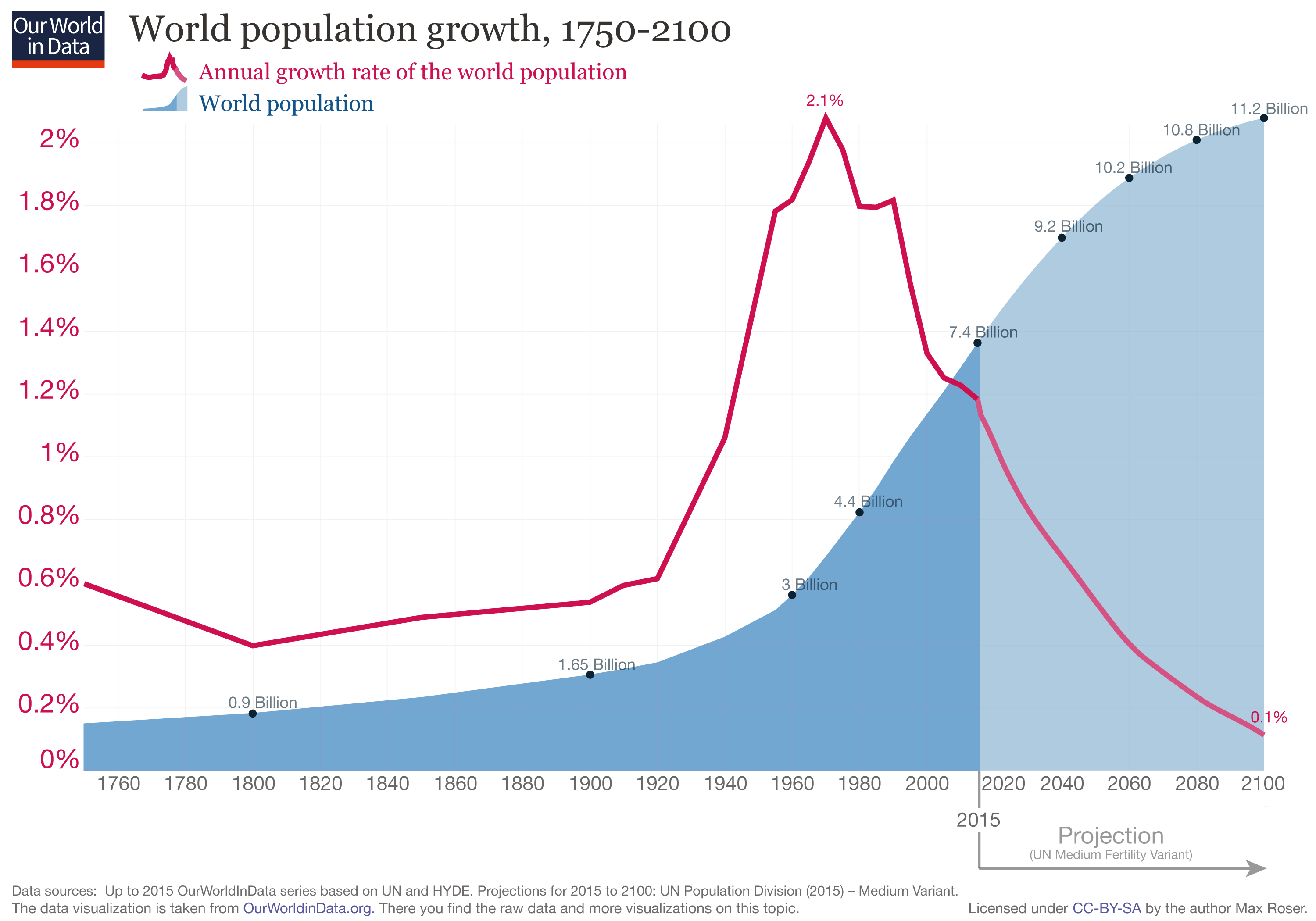
Global GDP over last 2000 years: https://www.youtube.com/watch?v=dEXU-hbymZA
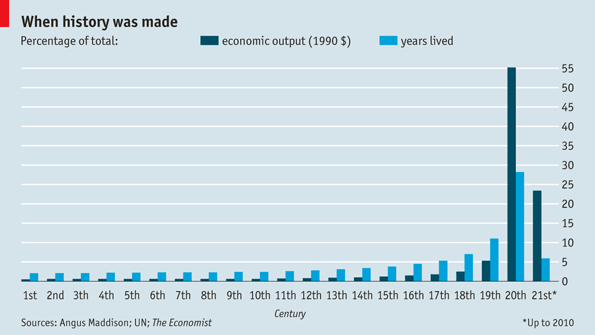
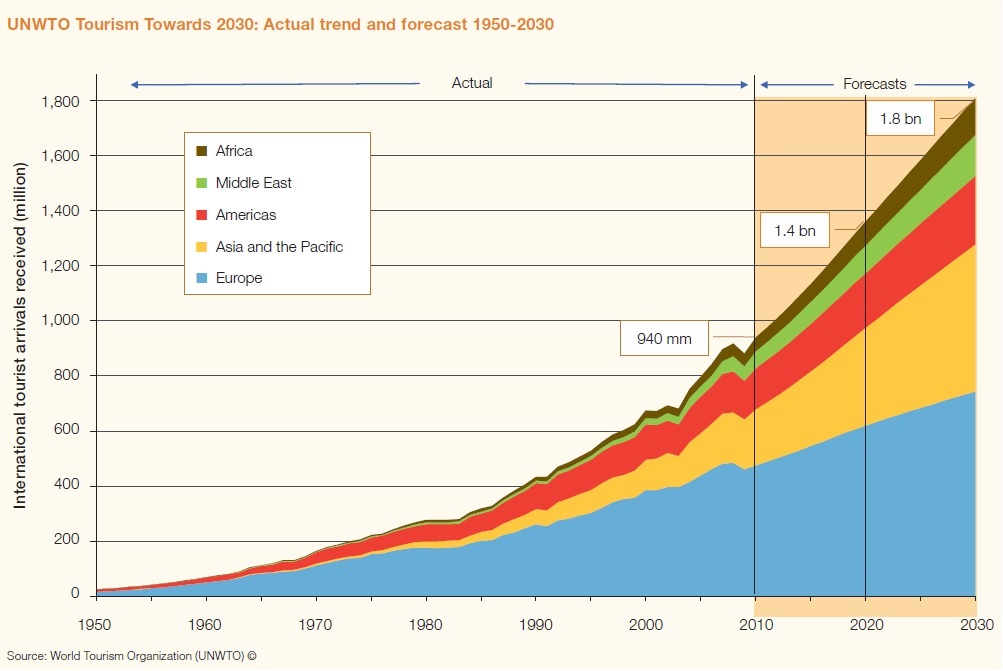
|
INTRODUCTION: TOURISM STUDIES AND TOURISM
Tourism studies The beginnings of a scientific treatment of tourism are connected to monetary and statistical approaches and a Central European view. The oldest major texts from Germany, Guyer-Feuler: Beiträge zu einer Statistik des Fremdenverkehrs, (1895), Stradner: Der Fremdenverkehr (1905) and Schullern zu Schrattenhofen: Fremdenverkehr und Volkswirtschaft (1911) concentrated on economic aspects as did the early Italian text of Bodio: Sul movimento dei forestieri in Italia e sul denaro che vi spendono (1899) and the first major French text of Picard: L’Industrie du Voyageur (1911). At the end of the 1920s the economist Robert Glücksmann started in Berlin his Archiv für Fremdenverkehr as a periodical publication of his private tourism research institute. Accordingly in the 1920s at several universities in Austria and Switzerland, ‘the first European chairs and research programmes were an outgrowth of departments of economics and, to a lesser extent, the field of economic geography’ (Hall 2005: 7). While the war stopped tourism and tourism science development in many countries and Glücksmann’s ‘Jewish’ institute had to close in Nazi Germany, in Switzerland the development continued. In 1941 in Professor Krapf in Berne started the Forschungsinstitut für Fremdenverkehr, while in St Gallen Professor Hunziker became the first director of the Seminar für Fremdenverkehr. Tourism research in the second half of the twentieth century was – and still is today – dominated by an Anglo-Saxon point of view from researchers working out of North America, Great Britain or Australia and New Zealand. The impact from other areas is minimal, especially if the publications are not in English. For the 21st century, some Asian scholars claim that the "third wave" of tourism science will be, after Europe and North America, now Asia.
Disciplines engaged in tourism sciences are no longer restricted to economics and geography but have multiplied, even though the quality and depth of tourism research is sharply criticized within the guild. Cooper (2003b)
finds four problems still existing in 2003 - and
they are still today:
-
Disciplinary approaches to tourism Economics
(Example: Economic contribution, costs and
benefits)
|
|
Tourism studies started in a big way only in the
1980s.
Most of the about 20 study programs for tourism in Germany are only 15 or even less than 10 years old.
"Tourism Science" as a discipline is not yet well established. Many still only consider it as a "hyphenated" science Bindestrich-Wissenschaft (tourism-geography, tourism-sociology...)
|
Global development of tourism and work in tourism
pre-modern -> modern -> post-modern
Discovery ->
Acquisition -> Invention
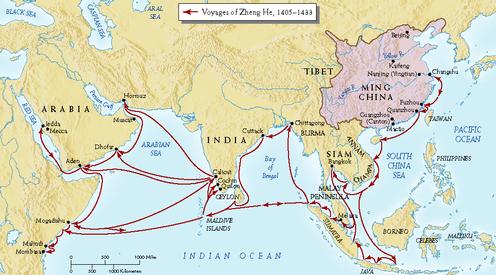
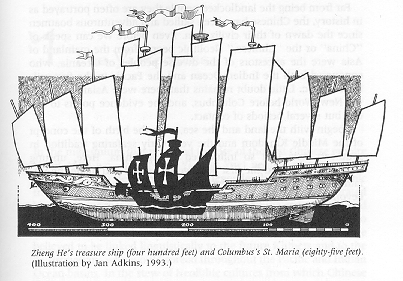
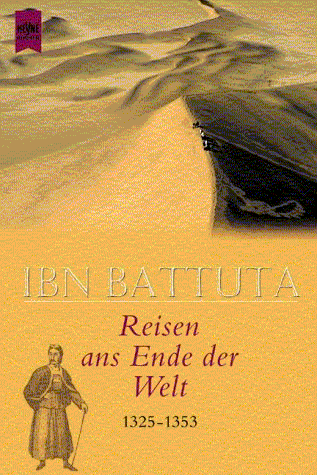
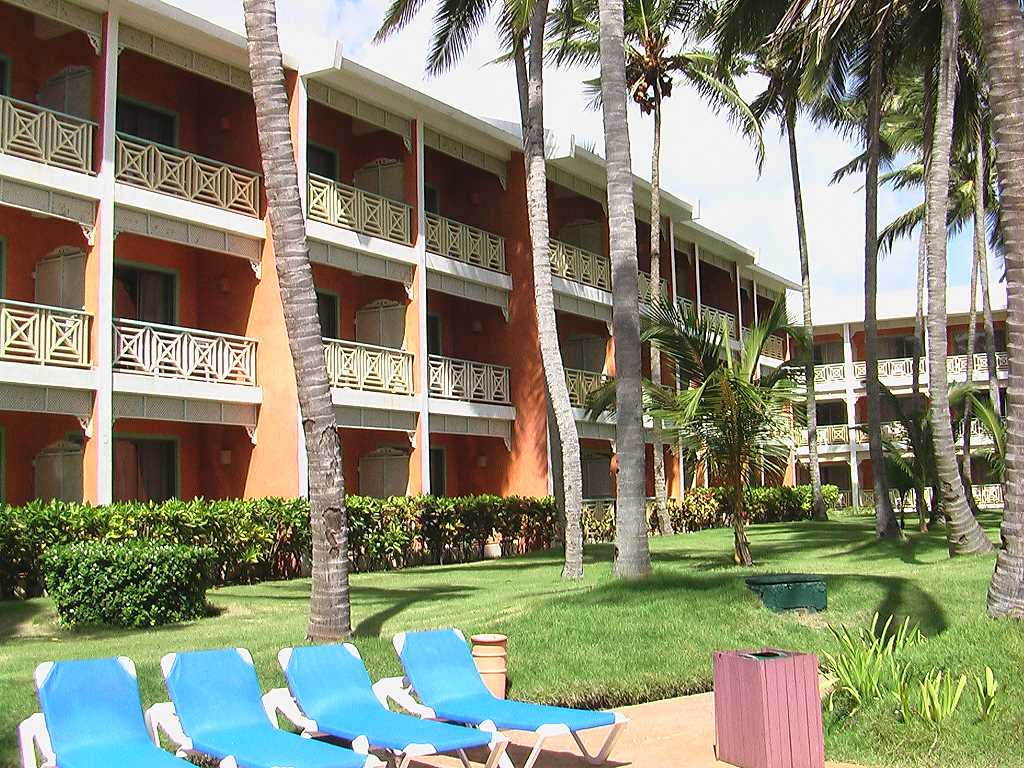
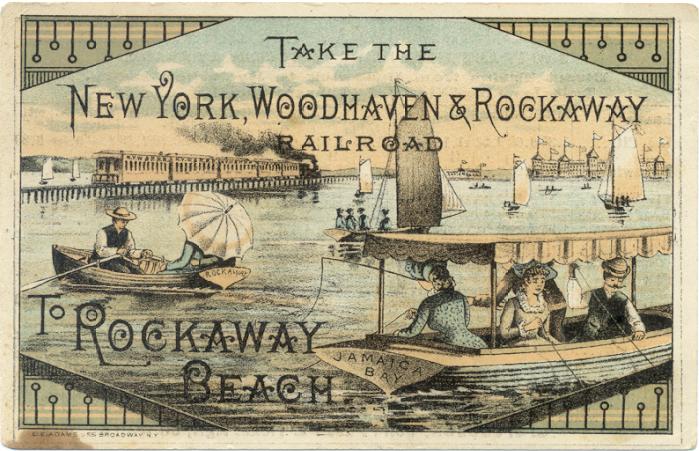


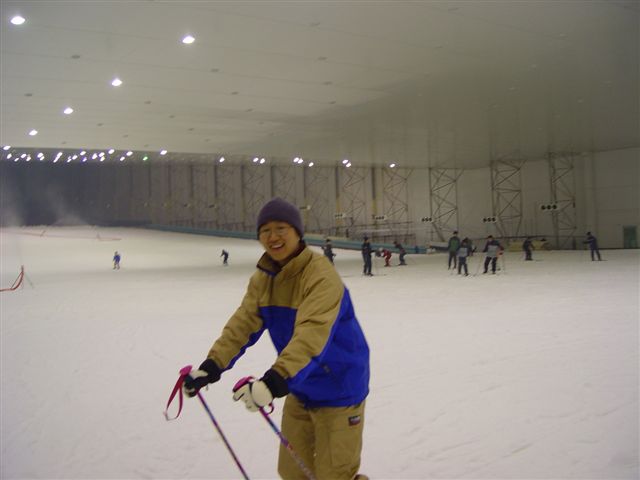
|
|
World touristiness map: World map color-coded by level of touristiness. Yellow indicates high touristiness, red medium touristiness, and blue low touristiness. Areas having no Panoramio photos at all are grey. The analysis takes into account how many photos and by how many authors there are in a given area.
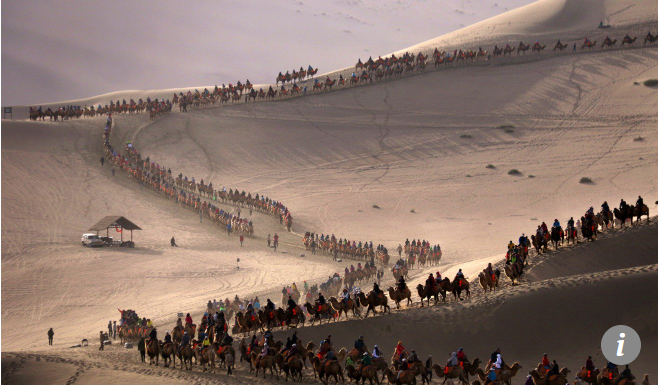
|
INTRODUCTION:
|
|
Some major thinkers in the field of tourism
Dean MacCannell Introduction
John Urry
Michael Hall
Richard Butler
Alain de Botton
Valene Smith
|
INTRODUCTION SCIENTIFIC METHODS
